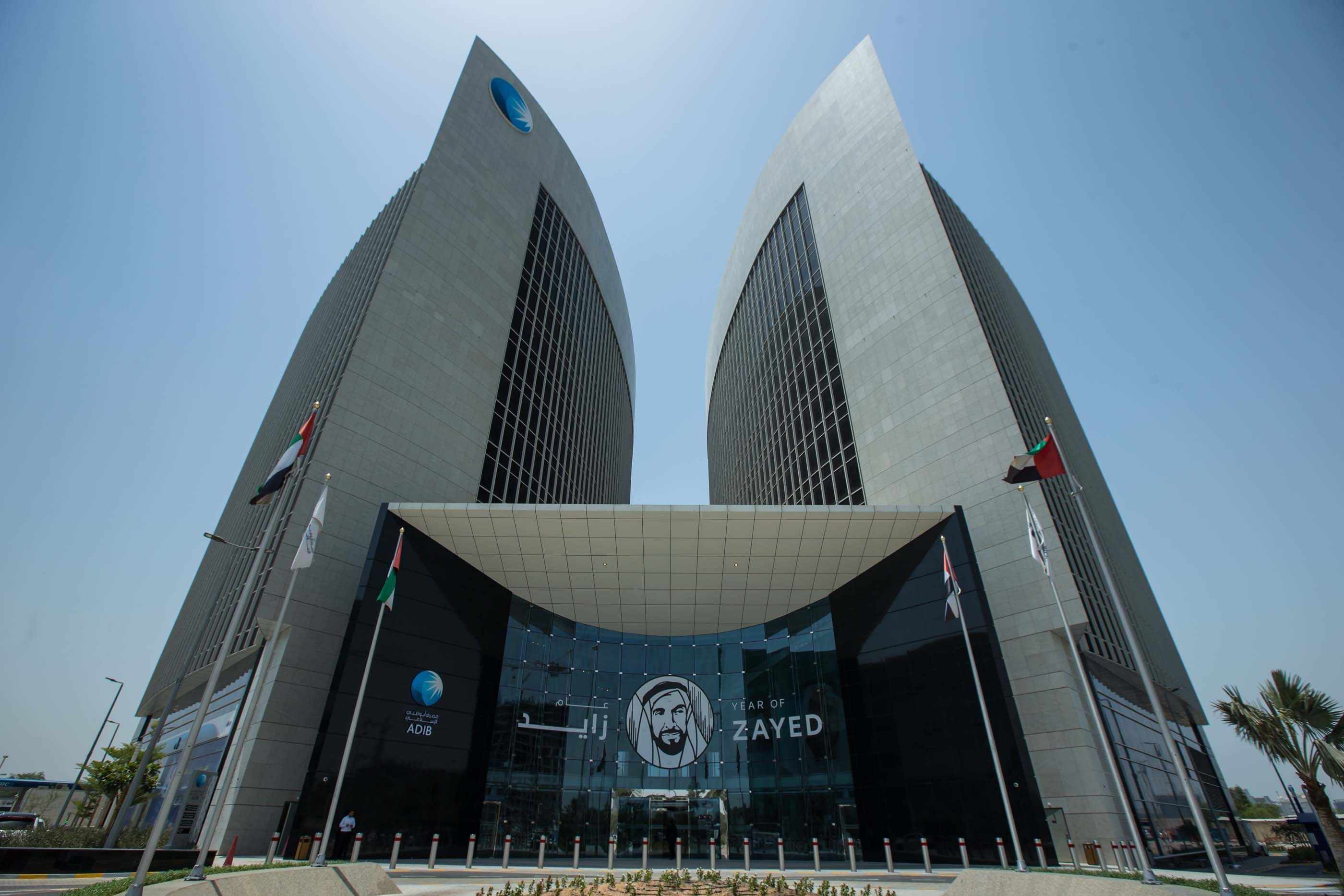Financial conditions are tight in major advanced economies – The Peninsula
- Date: 17-Dec-2023
- Source: The Peninsula
- Sector:Financial Markets
- Country:Qatar
Financial conditions are tight in major advanced economies – The Peninsula
Doha, Qatar: Since the beginning of the Covid-pandemic, an extraordinary sequence of global shocks propelled inflation rates in advanced economies to levels not witnessed in decades. The pandemic led to lockdowns that produced constraints in supply, while loose monetary and fiscal policies fuelled demand. These pressures on prices were further elevated with the reopening of the economies as the demand for services increased and the Russo-Ukrainian war triggered a commodity shock.
By mid-2022, inflation reached 9.1% in the US, and a double digit record of 10.7% in the Euro-Area. These levels were far from the 2% percent targets of monetary policy, activating the alarms of central bankers.
Despite some initial hesitation, central banks reacted strongly to bring inflation rates down to their targets. The European Central Bank (ECB) embarked on a record policy rate tightening cycle, increasing its main refinancing rate by 450 basis points to 4.5%. In the U.S., the Federal Reserve Board (FRB or “Fed”) increased its policy rates by 525 bps to 5.5%.
These cycles have had a significant impact on financial markets. The Financial Conditions Index provides an informative indicator of the cost of credit, by combining information of short- and long-term interest rates, as well as credit spreads.






















